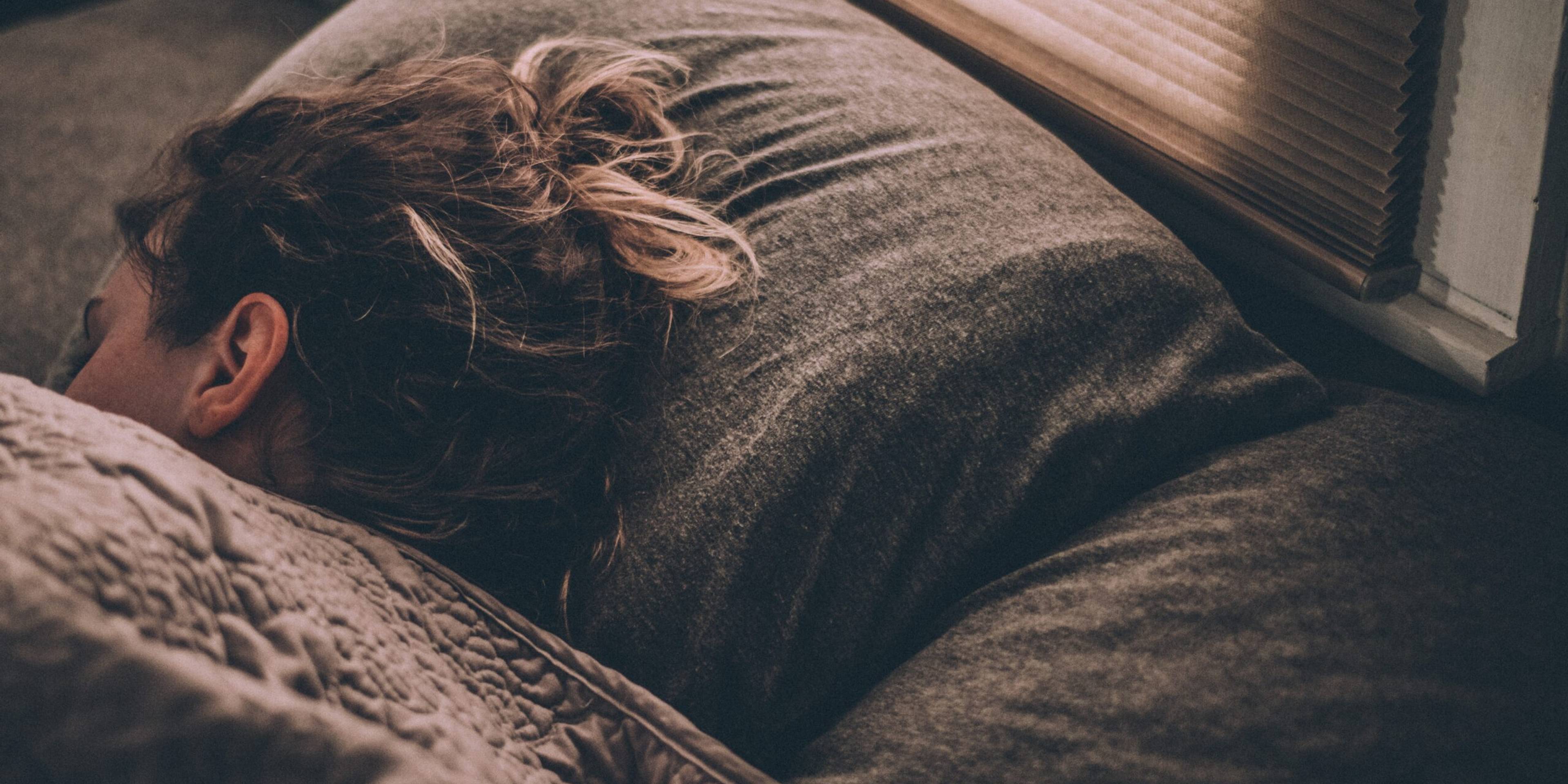October 07, 2020
Sleep Hygiene
By Dr Kathy Weston

Reflect
When talking to parents, it is striking how much diversity of opinion there can be on the topic of sleep. My job allows me ‘behind the scenes’ access to many different family lives and set-ups. Parenting styles vary widely; from the authoritative approach of bedtime setting and an intolerance of children mucking around in the middle of the night, to one that actively encourages children into the parental bed for the sake of peace.
In homes where sleep quality and sleep hygiene are not prioritised, it is pretty obvious that children’s emotional and academic outcomes are not as positive. This personal observation is backed up by reams of research evidence over the years. We know that sleep is important, but do we know how important?
I have been burying my head in the freshly published Journal of Child Psychology and Psychiatry, which has a special edition on paediatric sleep. One paragraph among the 11 articles especially caught my attention. It states that, ‘disturbed and insufficient sleep are often predictive of, or co-occurrent with, child/adolescent behavioural issues and mental illness, including anxiety, depression, ADHD, post-traumatic stress disorder, suicidality, risk-taking, and virtually every condition in the DSM’ (American Psychiatric Association, 2013). Striking eh?
Another extraordinary statistic, that lives in my mind, emerged interviewing Professor Shirley Reynolds. She stated that 92% of clinically depressed teens have sleep problems.
Motivate
So, first things first. Families should be auditing how well everyone is sleeping in the family home and really taking sleep quality seriously. Amazingly, what may feel intuitive in terms of solving sleep problems could constitute the ‘wrong’ way of going about things.
You might be tempted, for example, to disallow your teen access to their phones in the hour before bed. Curiously, the latest research evidence indicates that this won’t make a jot of difference. The main argument in the sleep literature against the use of gaming or tech before bed, is that it inhibits teens from engaging in other activities, such as reading. Yes, the bedroom should be a place of quiet at bedtime, yet, Professor Michael Gradisar’s research indicates that, for teens who have trouble falling asleep, the use of a relaxing app, such as CALM or Headspace, can be hugely beneficial.
His work also points to the importance of helping children fall asleep pleasantly, not plagued by persistent worries. As parents, we might be tempted to encourage our children to just lie there and wait to fall asleep. Gradisar suggests that, this may not actually be an ideal solution. He suggests purposefully constructing a ‘worry slot’ within family life where concerns are aired earlier in the evening. During these family chats, try to co-create some possible solutions to alleviate worries. Later, in bed, children can mentally retreat to these solutions, rather than their own knotty thoughts.
For children struggling with sleep during the week, it can be tempting to allow them to lie-in on weekend mornings. According to experts, this is ill-advised, mainly because children need a certain degree of ‘sleep pressure’ to fall asleep. By compensating on some days, sleep pressure is out of kilter for other days. Consistency around bedtimes is key.
Support
So, when you are trying to puzzle out why your child is misbehaving, becoming frustrated, angry, emotionally distressed, upset, performing badly at school or engaging in risky behaviour as a teen, look first at the quality of their sleep.
We know that children’s poor sleep can have a devastating impact on your mental health too, and inhibit your relationships and work performance. Don’t put up with sleep problems in family life. Instead, seek out any number of brilliant sleep coaches or practitioners, who can get you back on track.
Ensure you are following evidence-based approaches by subscribing to Professor Gradisar’s YouTube channel and follow the blog on his website WinkSleep. Read Dr Rachel Hiller and Professor Gradisar’s book on sleep problems in school-aged children and, for practical support, chat to someone like nurse and sleep expert Joanna Kippax, who has seen it all. Whatever the sleep problem is in your home, approach it like a researcher. Jot down all observations, look for emerging patterns in your ‘data’, create an intervention and evaluate its success.
If you are in a Tooled Up School with access to my digital library of tips, download the resource on 45 Important Facts You Need to Know About Teenagers and Sleep.
Are you a Tooled Up member?
If you are a registered member of the Tooled Up community, click here to explore our library of resources.